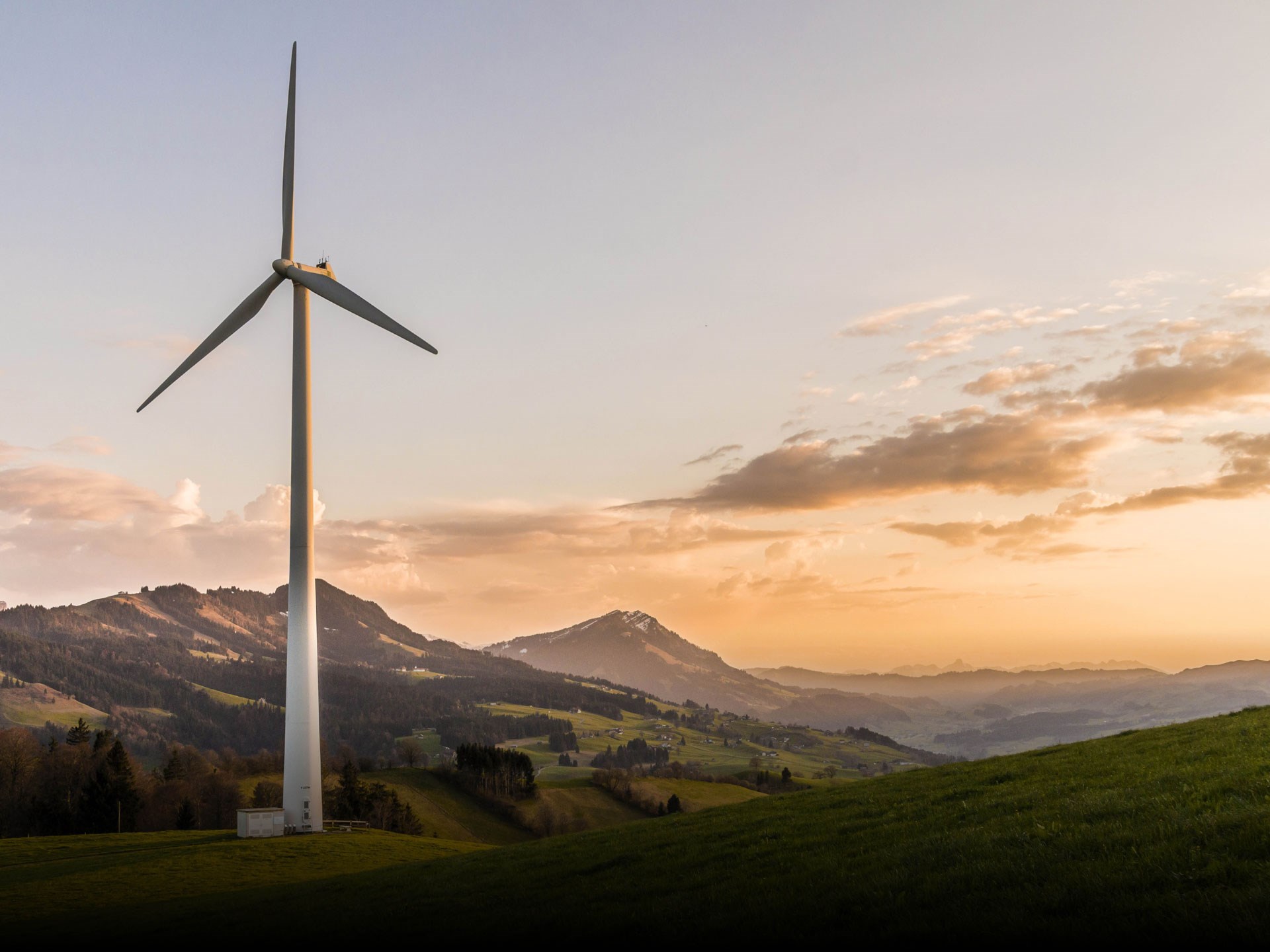Sooner or later, the market would certainly price in some of its significant potential.
The rig company Fred. Olsen Energy, where Bonheur owned 51.9 per cent, hung like a millstone around its neck. The company had old rigs off contracts and a considerable debt load; at the end of 2017, interest-bearing debt totalled almost $900 million. This of course also affected Bonheur’s consolidated financial statements.
Analysts cared little about the impact on the consolidated figures. Given that Bonheur would not throw good money after bad, the rig company deserved to be neglected. In value calculations, zero value was added.
But even that was perhaps too optimistic.
“With oil rigs out of the books, Bonheur emerged as a clearly sustainable company.”
Throughout 2018 Fred. Olsen Energy struggled to solve the debt problem, without success. When, in November, they proposed to change the name to Dolphin Drilling, many suspected that the company was left to fail without staining the Fred. Olsen name.
Two months later, it was announced that Bonheur would deconsolidate Dolphin Drilling in the financial statements. Bonheur’s shareholders thus avoided recognising an accounting loss of NOK 1.25 billion for the first three quarters of 2018.
Financially, it didn’t matter. But the market could now focus on something else: With oil rigs out of the books, Bonheur emerged as a clearly sustainable company, primarily driven by its own wind power and revenues from the installation of offshore wind power.

The timing was impeccable. Through 2019, sustainability was gaining increasing attention and value in the stock market. The Bonheur stock rose. And rose. This year, it became one of the best in the Norwegian market, with a return of as much as 118 percent – without notable news about the remaining business. Yes, it was a good year for the installation vessels and the dividend yield increased. But would that suffice to explain the exploding stock price?
So, yes, good things do come to those who wait. Especially when good appears to be better.
PS. In June 2019, Dolphin Drilling filed for bankruptcy.
The article is an excerpt from our 2019 annual report.
Historical returns are no guarantee for future returns. Future returns will depend, inter alia, on, market developments, the portfolio manager's skill, the fund's risk profile, as well as fees for subscription, management and redemption. Returns may become negative as a result of negative price developments.

